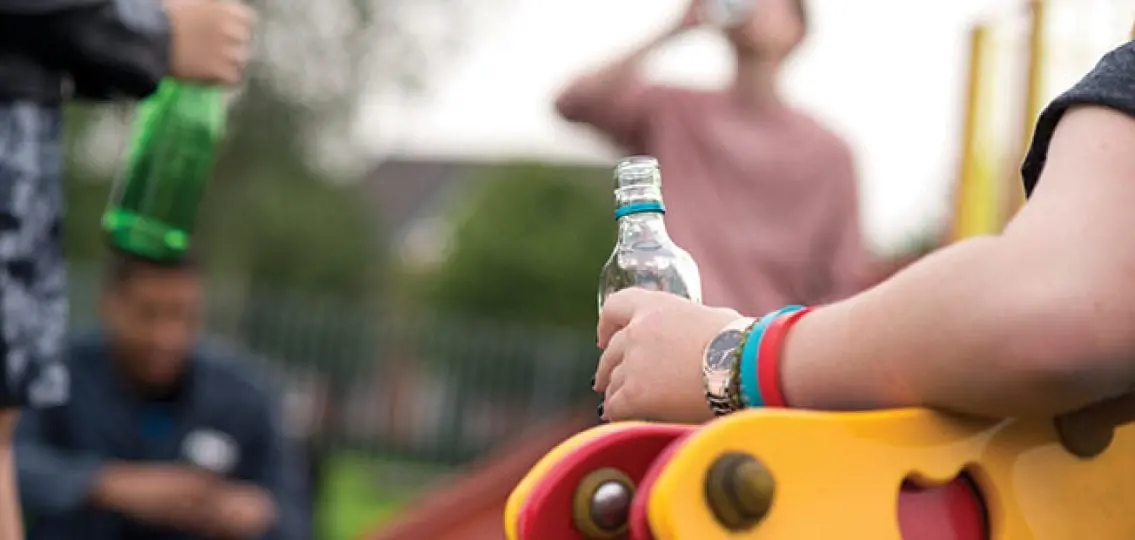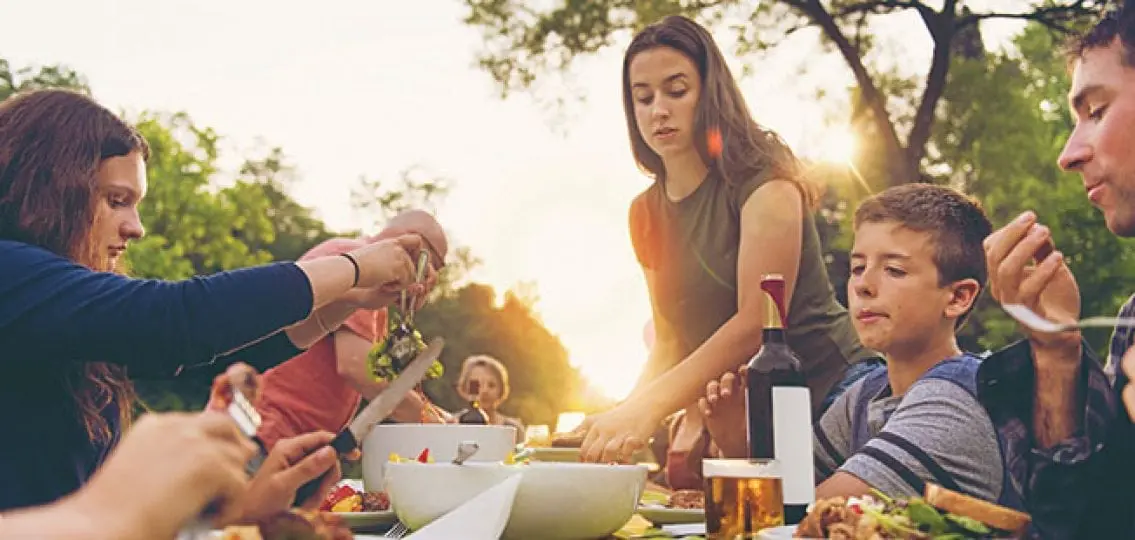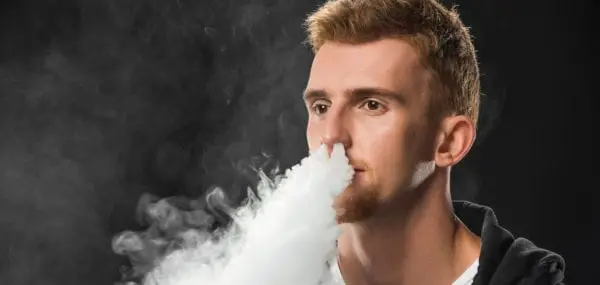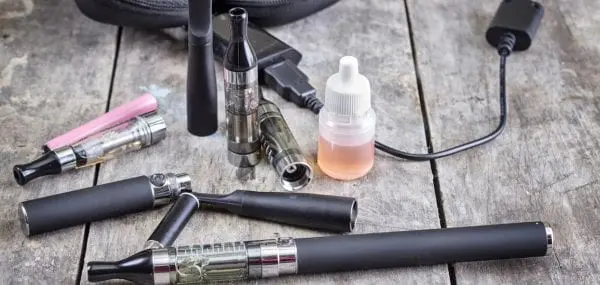My 12-year-old daughter walked into the kitchen and said, “Wow, did you guys have a party last night?”

I looked at her quizzically and responded, “Why would you say that? You were here with us for most of the time.”
“But look at all the bottles,” she said as she poured her cereal.
How a Parent’s Drinking Affects your Child
I glanced over to my sink, where I saw four wine bottles lined up, ready for recycling. The truth was that my neighbors had come over for pizza and brought a few bottles of open wine left over from a party they had the prior weekend. No one had more than a glass or two, but I couldn’t help wondering what message my daughter received from seeing the empty bottles.
“Parental behavior is one of the strongest predictors of a child’s perception of alcohol,” says Lisa Leshaw, M.S., a clinical mental health counselor. “Parents are role models and how they behave with and around alcohol sends a message to their children.”
That doesn’t mean moms and dads need to conceal or discontinue their occasional wine or beer, says Leshaw. “However, they should display responsible behavior.”
What responsible drinking looks like, though, is subjective. Some parents believe it is an occasional cocktail before dinner. Others think it’s handing over the keys to the car because you are inebriated.
According to Keith Klostermann, Ph.D., an assistant professor in the clinical mental health counseling and marriage and family therapy programs at Medaille College, responsible drinking is “not only how much or often you drink. It’s also the choices you make, such as abstaining when ill or taking medications, or being the designated driver.” Teens watch these decisions as well. “Responsible drinking means that you never have to feel sorry for what happened while you were drinking.”
Seeing Parents Drink
Many parents try to normalize alcohol use by allowing their teens to drink at home with parental supervision. The hope is that this will lead to more responsible behavior, but research suggests otherwise, says Klostermann. A recent Australian study published in The Lancet Public Health found that teens whose parents provided them with alcohol—usually with family for a special occasion—were more likely to binge drink during the six-year study. Allowing your son or daughter to drink alcohol at home makes alcohol seem less risky, says Klostermann.
On the flip side, never taking a sip of alcohol in front of your kids or avoiding it altogether may not prevent your teen from drinking, either. Even in that case, Leshaw explains, “kids will still experience a tug of war between your values and their peers.”
Even if a parent is not a drinker or waits until the child is not around to consume, teens are exposed to alcohol at every turn—in movies, television shows, and video games, at sporting events and parties, and even at Target or Whole Foods cafes. Our alcohol-saturated environment normalizes drinking without addressing the risks.
5 Ways to Encourage Responsible Drinking Behavior:
1. Engage in frequent conversation about alcohol.
Ongoing two-way communication regarding alcohol—with both teens and parents fully participating in the conversation—appears to be the most effective tool in preventing abuse. As part of this continuing conversation, there are messages that parents can share to help teens put their parents’ drinking in a healthy context.
2. Make it clear that binge drinking isn’t cool.
Parents should be wary of glamorizing their past experiences with alcohol from their youth, which may normalize the behavior.
3. Model a healthy attitude and behavior about alcohol.
Think about why you drink. Parents should be aware of how they convey their motivation for consuming alcohol. Teens should not hear (or observe) that drinking is a way to alleviate stress or cope with sadness.
4. Take alcohol use seriously.
Drinking is not a joke. Adults should refrain from casual jests that make light of alcohol use, such as referring to downtime as “wine o’clock” or to getting drunk as “partying.” “Glib comments about drinking seem harmless. But they may convey an unintended message of using alcohol as a coping strategy,” says Klostermann.
5. Make sure that alcohol is never the focus.
Alcohol is not an activity. Parents should convey to teens through their own words and actions that alcohol is an adjunct to gatherings and activities, and never the primary focus.





